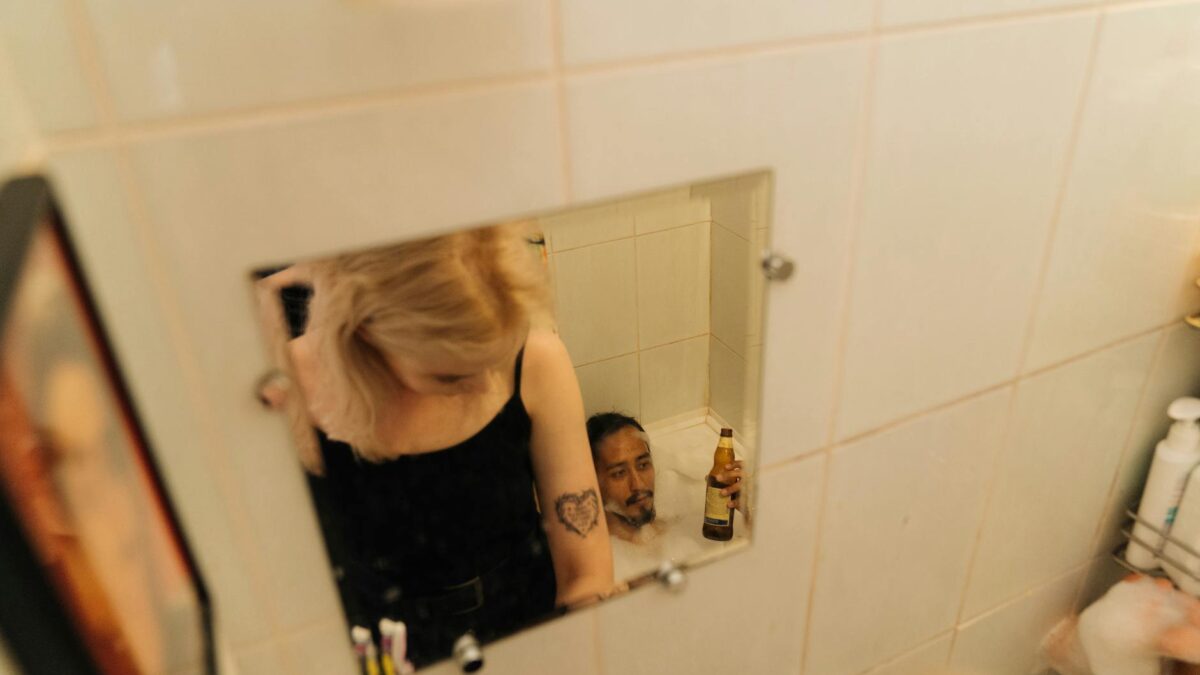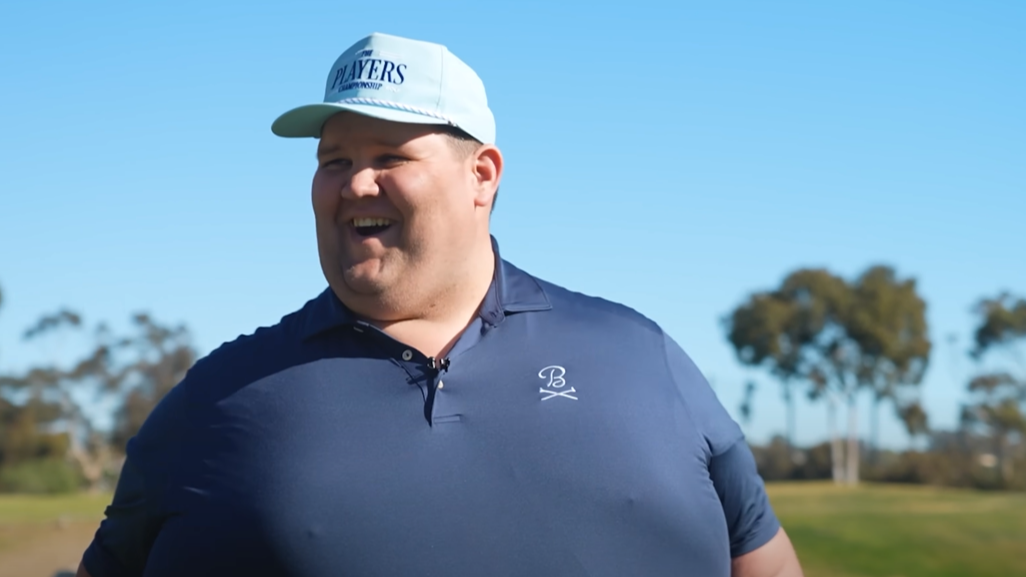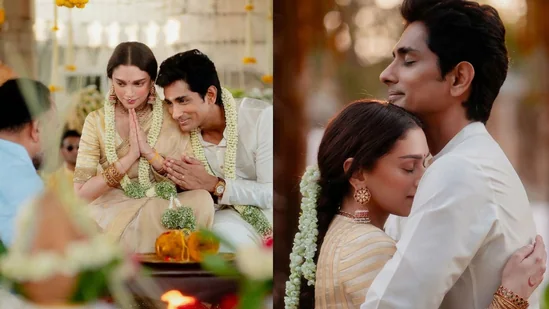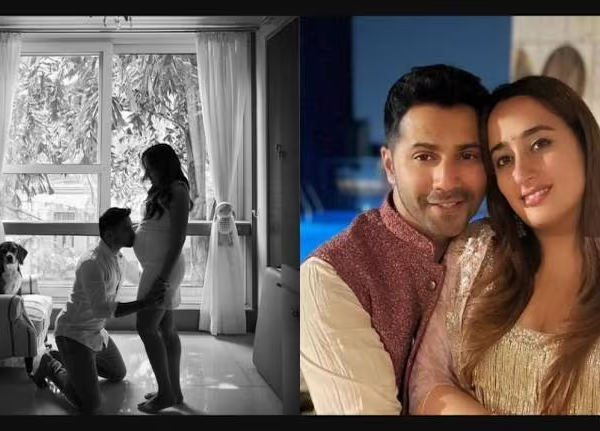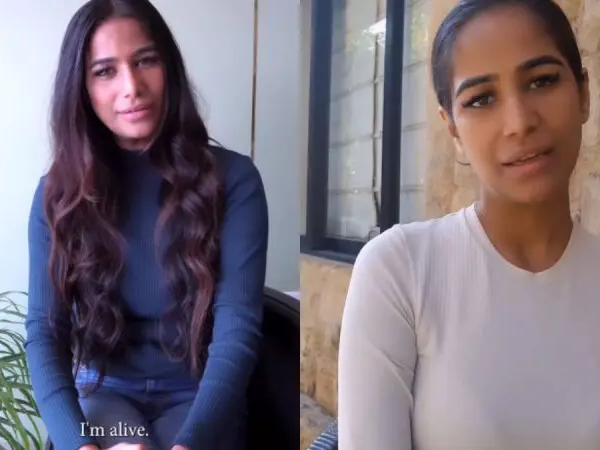
Throughout the world, the month of October is dedicated to raising awareness about breast health, educating individuals about breast cancer symptoms, prevention, and early detection. This global movement was initiated in 1985 by the American Cancer Society to bolster public efforts in the fight against breast cancer.
Recent studies have revealed a growing prevalence of breast cancer among women in India, particularly in urban areas. Dr. Shiveta Razdan, a breast oncology consultant at Amrita Hospital in Faridabad, underscores the concerning statistics: India records nearly 100,000 breast cancer cases annually. Breast cancer constitutes 13.5 percent of all cancer cases in the country, with a mortality rate of 10.6 percent. Alarmingly, breast cancer diagnoses occur approximately a decade earlier in India compared to Western countries, often manifesting as more aggressive forms of the disease.
In today’s digital age, the internet is flooded with misinformation about breast cancer. To address this issue, we turn to an expert, Dr. Divya Singh, a senior surgeon at Ram Manohar Lohia Hospital and the director of the Maaiya Social Change Front Foundation.
Dr. Singh debunks eight common myths associated with breast cancer, providing invaluable insights and factual information about this devastating illness.
Myth 1: Only women can get breast cancer.
- Fact: Although breast cancer is more common in women, it’s crucial to acknowledge that men can also develop this disease. In fact, due to lower awareness levels and a tendency to overlook breast lumps, men face a 25 percent higher mortality rate.
Myth 2: Breast cancer is more common in women with bigger breasts.
- Fact: There is no correlation between breast size and cancer risk. While examining larger breasts might pose challenges, factors like obesity and breast density can increase the risk. Family history and lifestyle play more significant roles in breast cancer risk.
Myth 3: Only older women get breast cancer.
- Fact: Although breast cancer risk rises with age, it can affect women of all ages, including younger individuals. Breast cancer in younger women tends to be more aggressive, underscoring the importance of early detection through regular screenings and self-exams.
Myth 4: Breast cancer is always linked with family history.
- Fact: While a family history of breast cancer can elevate risk, most diagnosed individuals have no such family background. Approximately only 10 percent of breast cancer cases are linked to family history. Having such a history might necessitate earlier or more frequent screenings, but it does not guarantee cancer development.
Myth 5: Breast cancer lumps are always painful.
- Fact: Not all breast cancers cause pain; many are painless, particularly in their early stages. While breast pain can be a symptom, its absence does not rule out breast cancer.
Myth 6: Wearing a bra can cause breast cancer.
- Fact: Clothing items like bras do not cause cancer. Some theories suggest that wearing tight bras, particularly underwire styles, could impede lymph fluid flow from the breast, potentially causing toxin buildup. However, no scientific evidence supports this notion.
Myth 7: A mammogram can cause breast cancer or spread it.
- Fact: Mammograms are among the most effective tools for early breast cancer detection. Although they involve minimal radiation exposure, the risk of harm from this radiation is exceedingly low.
Myth 8: A lump in the breast is always cancerous.
- Fact: While any new breast lump should be evaluated by a healthcare professional, not all lumps are cancerous. Many breast lumps, such as cysts or fibroadenomas, are benign (non-cancerous). Healthcare providers can perform tests to determine the lump’s nature.
Accurate information and consultations with healthcare professionals are vital when it comes to breast cancer. Dispelling these myths and understanding the facts empower individuals to make informed decisions about their breast health and cancer risk.

